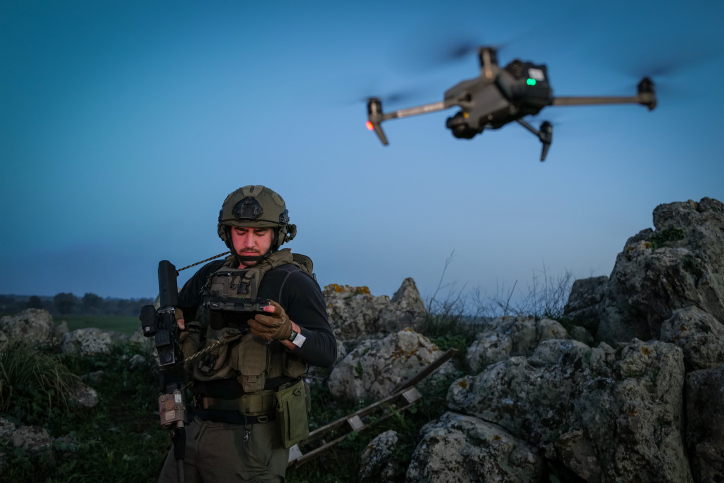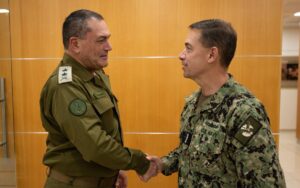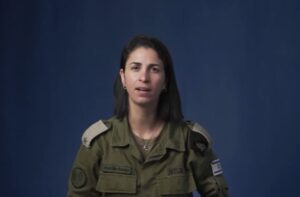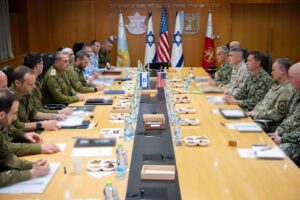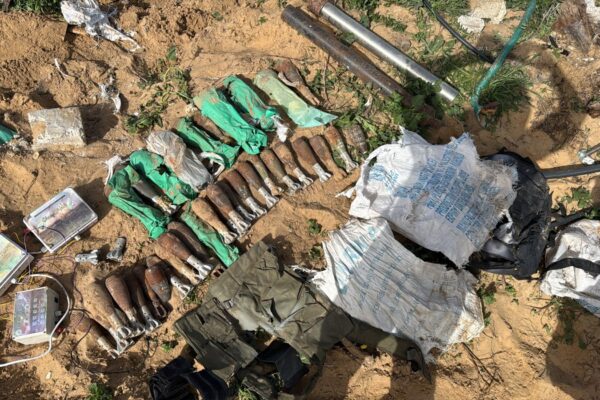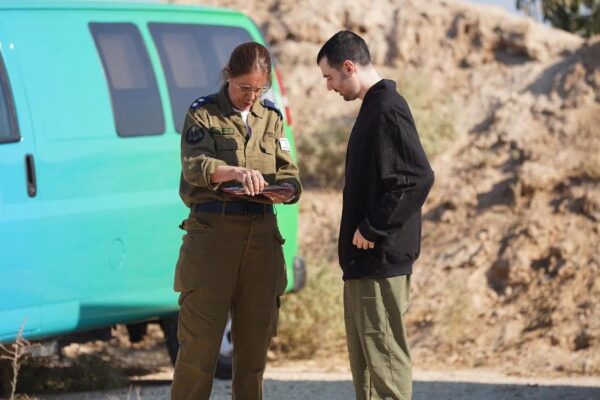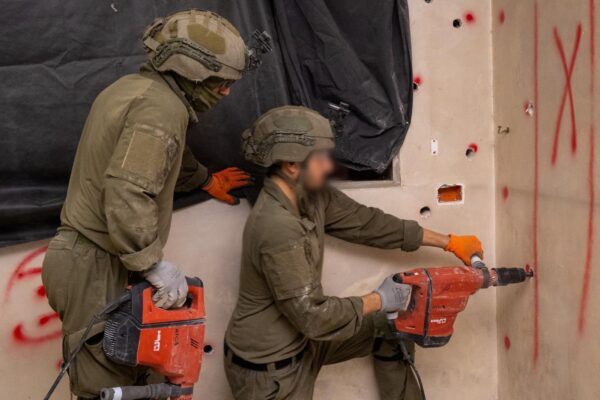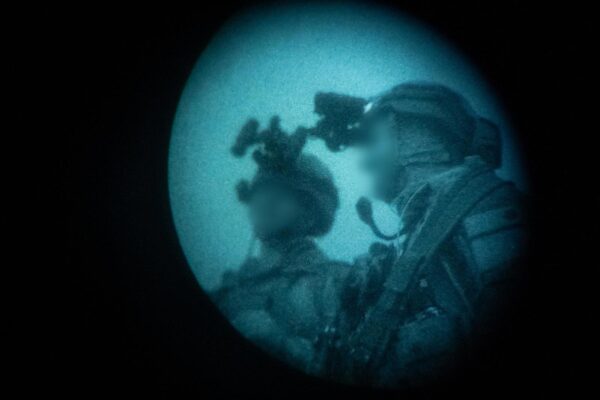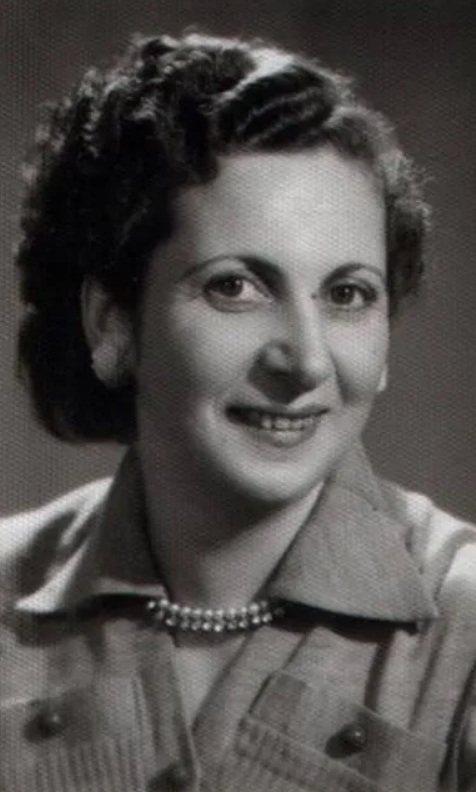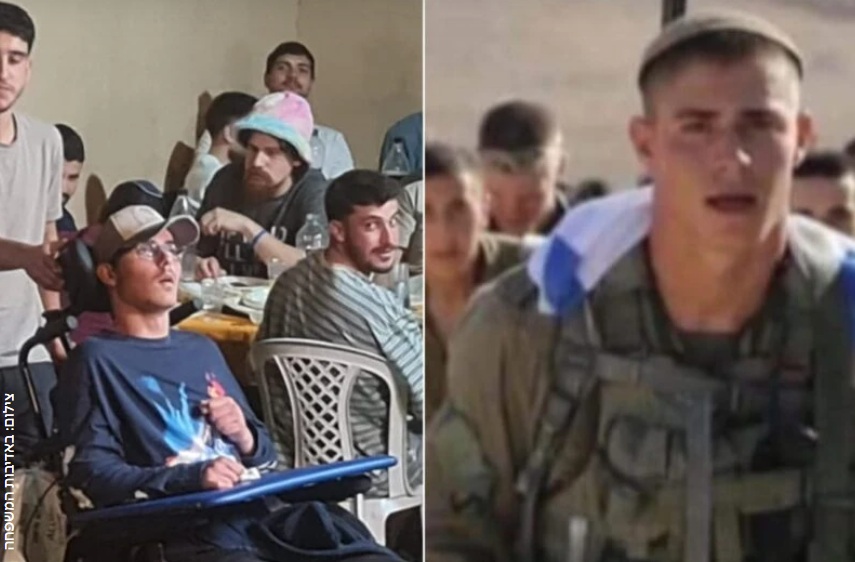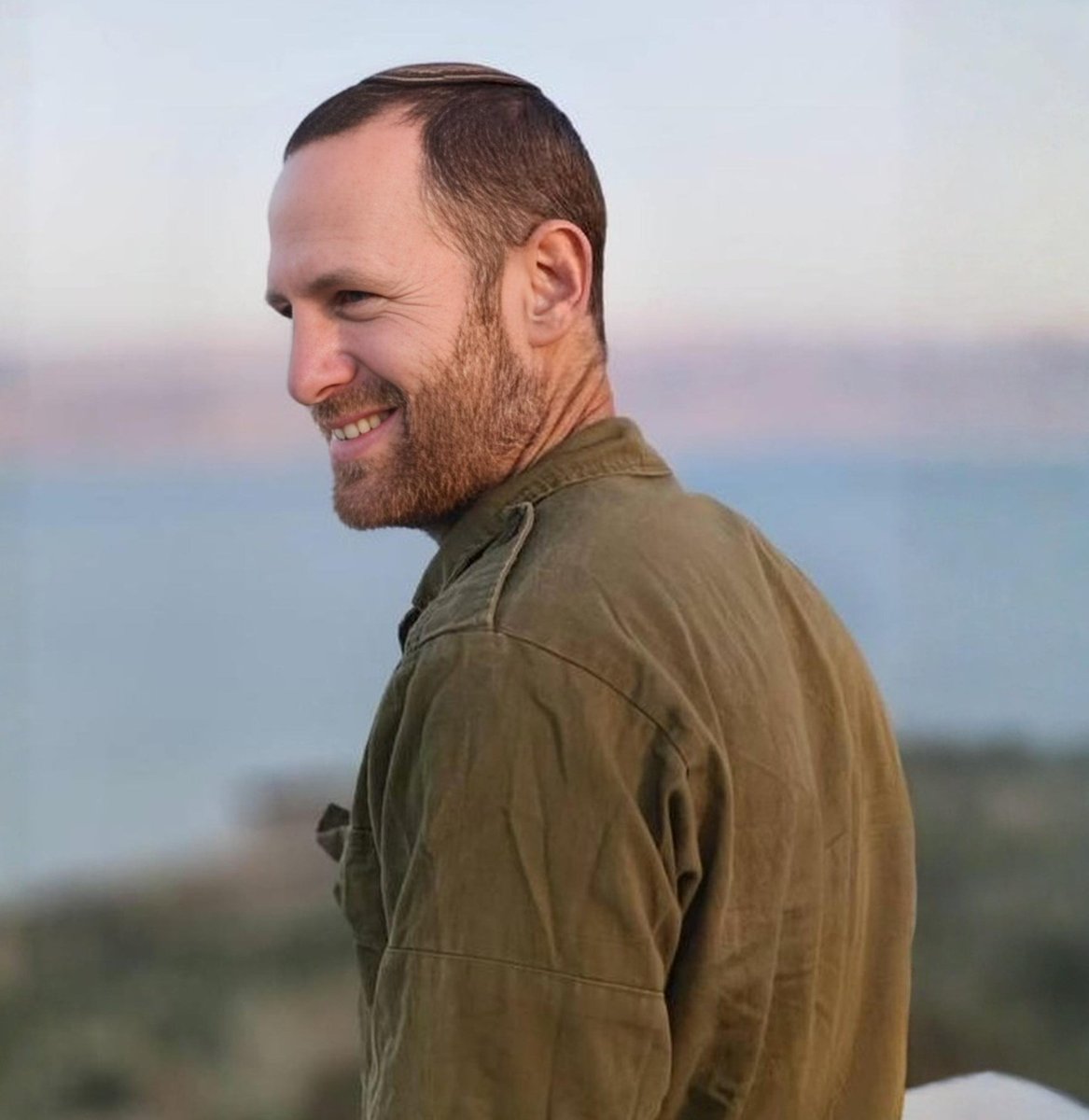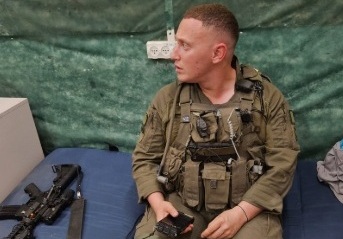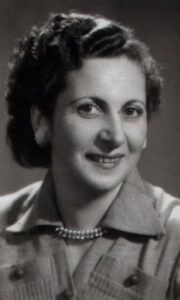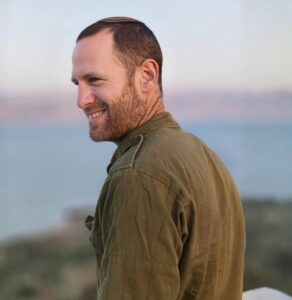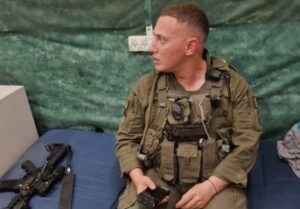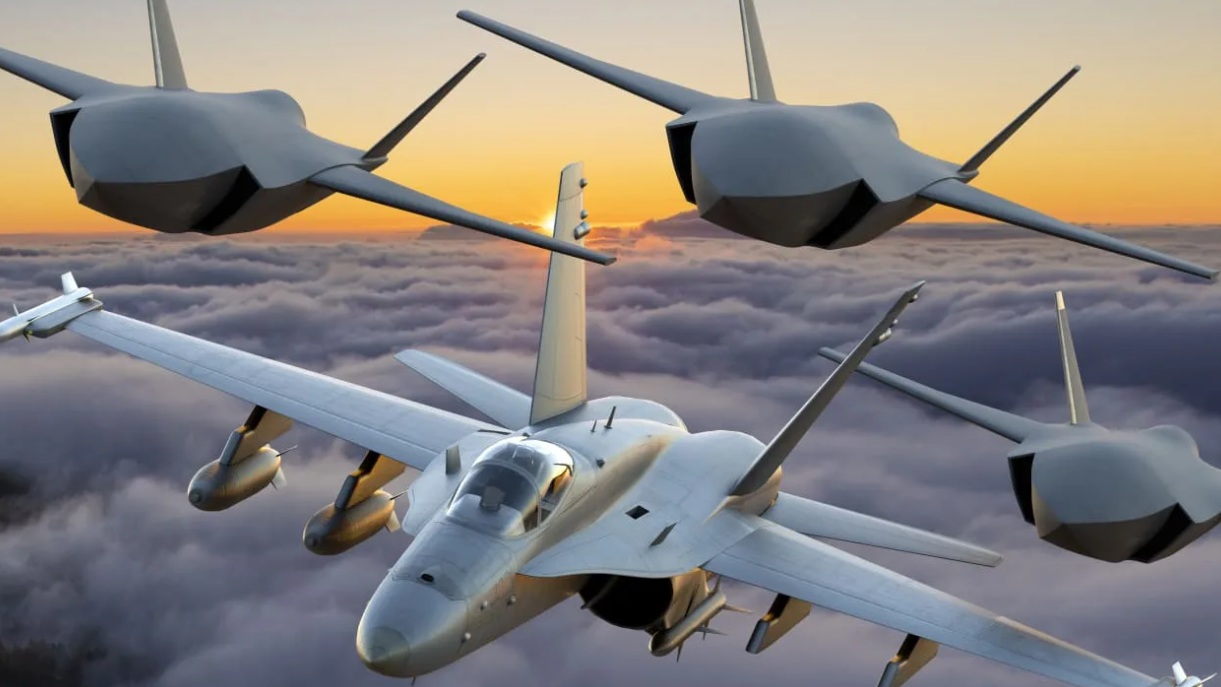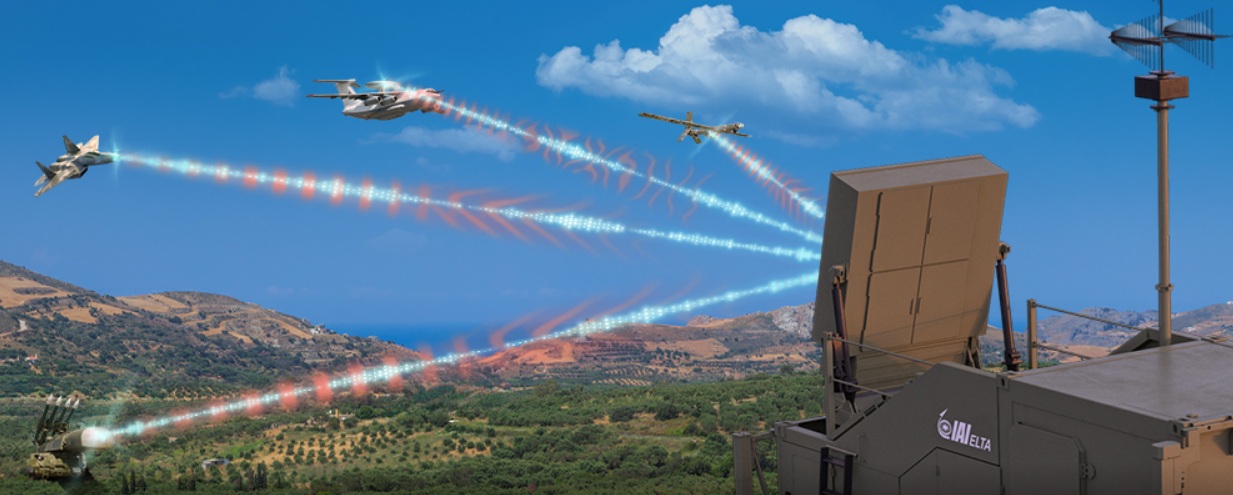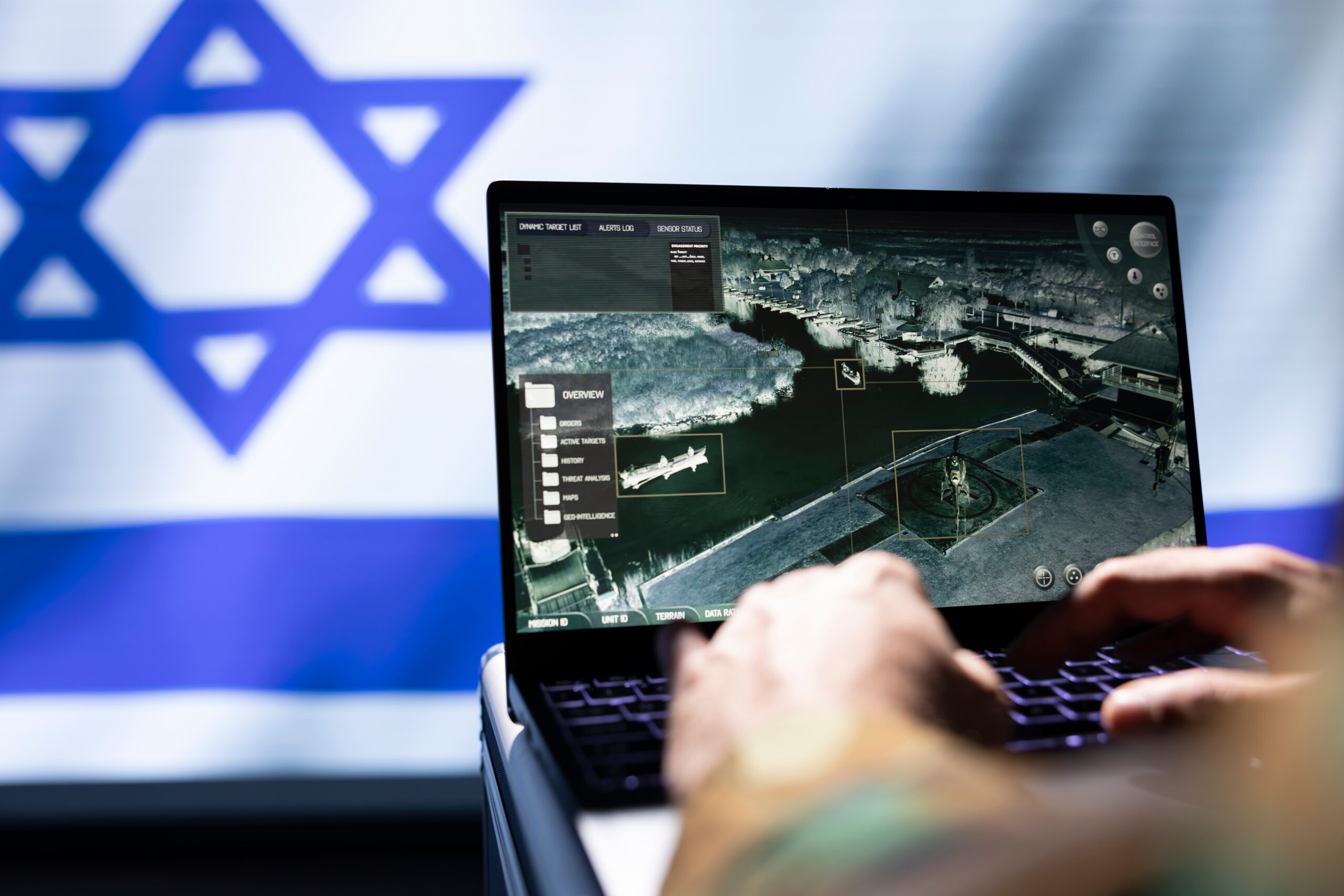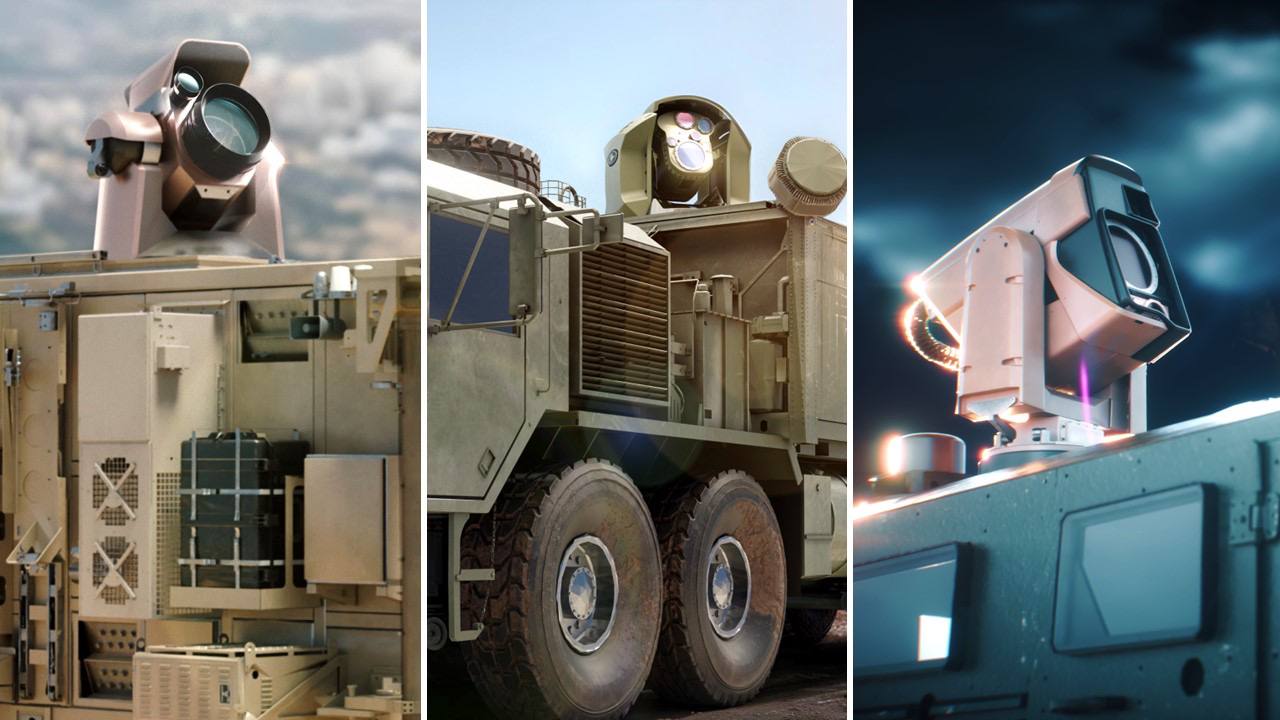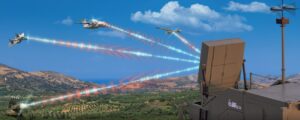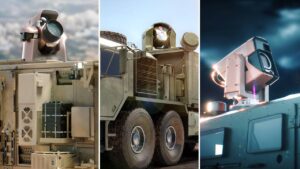A drone called “Adamdam” — a Hebrew pun meaning “reddish” and “blooded” — is being trialed to drop cooled blood packs into remote battle zones for injured soldiers.
By Sveta Listratov, TPS
As battles rage across Israel’s borders, another front has quietly opened — one where drones deliver blood instead of bombs, and gluten-free combat rations are tailored to soldiers’ medical needs.
In the midst of war, the Israel Defense Forces are racing to turn civilian tech into battlefield tools, thanks to a bold new program called Innotal that fast-tracks Israeli startups into military service.
In Tel Aviv, an IDF conference on Wednesday showcased Innotal, a pioneering program designed to rapidly field-test Israeli startups for battlefield use.
Led by the IDF’s Technology and Logistics Directorate, in partnership with Israel’s Directorate of Defense R&D (MAFAT) and the Israeli Innovation Institute, Innotal aims to identify breakthrough civilian technologies and integrate them quickly into military systems — from medical care and nutrition to energy, logistics, and infrastructure.
“We needed a way to bring innovation in — fast,” Ayala Tsoref, Head of Innovation in the IDF’s logistics branch, told The Press Service of Israel.
“We’re a military at war. That means we need technologies that are mature enough to pilot, but also agile enough to deliver results within months.”
Out of hundreds of applicants, fifteen Israeli startups were selected to join Innotal’s inaugural cohort. Each company was awarded a fast-tracked pilot budget of NIS 200,000 NIS ($57,000) to integrate their technology into operational army units within six months.
The startups that succeed may move on to full-scale adoption across the military.
Among the current pilots is ai.Sency, which developed an AI-powered physical therapy platform offering real-time feedback to injured soldiers practicing exercises remotely.
Another participant, GrayMatters, provides FDA-cleared neurofeedback therapy to help soldiers manage post-traumatic stress disorder through gamified brain-training sessions.
Meanwhile, Robby AI is working with the military on robotic cleaning arms that automate the complex and time-consuming process of maintaining armored vehicles — a task till now done entirely by hand.
A drone called “Adamdam” — a Hebrew pun meaning “reddish” and “blooded” — is being trialed to drop cooled blood packs into remote battle zones for injured soldiers.
Another drone, “Genie,” can carry up to 250 kg of supplies across 50 kilometers, autonomously, minimizing risk to human couriers.
And in the area of foodtech, Anina has developed compact, shelf-stable food capsules for combat deployment, and Mimama is piloting gluten-free pizzas made from sprouted legumes — offering nutritious meals for soldiers with celiac disease.
“Innovation in logistics, medicine, and resilience is now seen as strategic,” said Dr. Gal Harari, Chief Technology Officer at MAFAT told TPS-IL. “A high-performing army isn’t just about weapons — it’s also about food, energy, and mental health.”
To qualify, startups must be Israeli and willing to adapt their tech to IDF-specific needs. Their solutions must also be ready for immediate field testing.
“This is not innovation for innovation’s sake. It’s about helping real people, soldiers on battlefields, in real time, with technologies developed just down the road,” Sharon Goldberg, Program Director at the Israeli Innovation Institute told TPS-IL.
“While military procurement cycles are often criticized for being slow and bureaucratic, Innotal represents a notable shift — leveraging the dynamism of the Israeli startup ecosystem without sacrificing operational rigor.”
More than half of the first cohort’s pilots have already advanced to deeper integration phases. A second round of challenges has been launched, including new calls for innovations in energy, transportation, and combat medicine.
“For years we talked about tech transfer from defense to civilian life,” Tsoref told TPS-IL. “Now we’re seeing the reverse — civilian innovation saving lives in real-time combat.”


